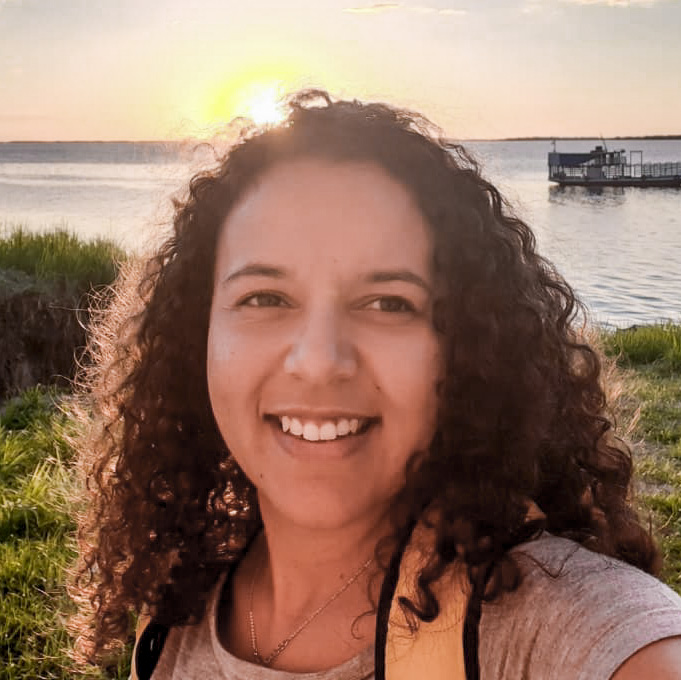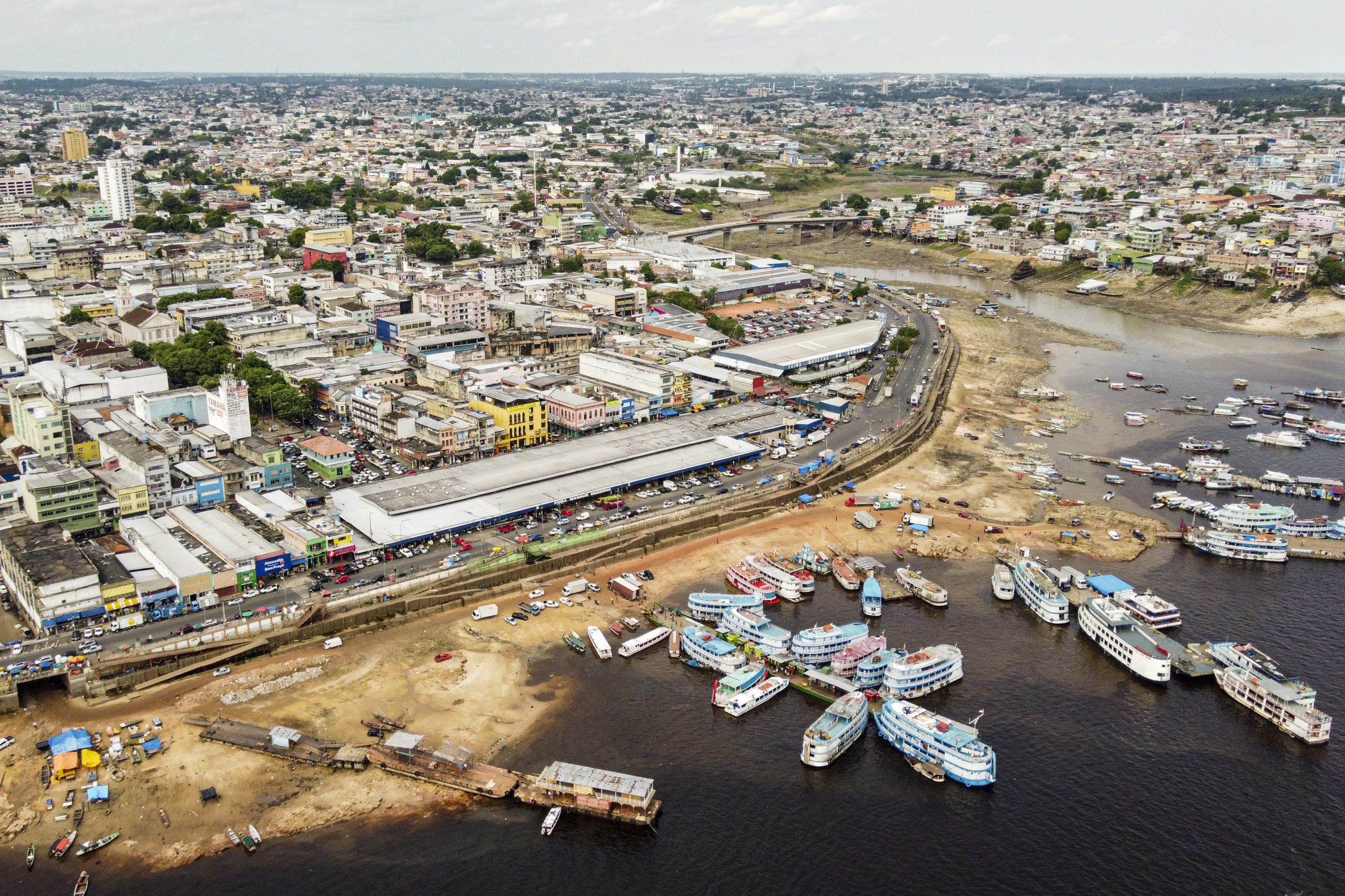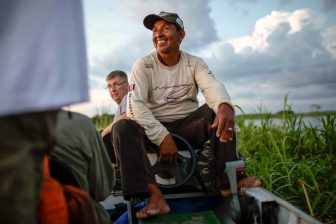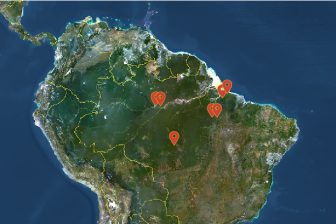This article is part of AQ’s special report on sustainable development of the Amazon.
MANAUS, Brazil – For much of the world, coverage of the devastating COVID-19 outbreak here in Manaus was a reminder that the Amazon is more than just the rainforest.
In fact, more than 60% of the Brazilian Amazon region’s 30 million people live in urban centers, and every year thousands more leave rural communities for Manaus and Belém – the region’s largest cities – to look for jobs and a better life. Most city newcomers, however, end up living in slums, peddling candy at busy intersections or, with luck, finding informal or domestic work.
The picture is similar in other Amazonian cities, and the quest is underway to create green jobs that preserve biodiversity and benefit not just deserving small communities in the jungle, but urban dwellers everywhere.
The need is dire: 41% of Amazonians live in poverty, almost double the national average of 22%. Even before the pandemic, more than 12 million Brazilian Amazonians were looking for work. About 5.5 million, or more than half, of those who did have jobs were employed in the informal sector – the highest rate of informality in the country.
Creating good jobs “is possibly the biggest challenge the region faces,” said Denis Minev, an entrepreneur based in the state of Amazonas, who is also considered the largest angel investor in the region.
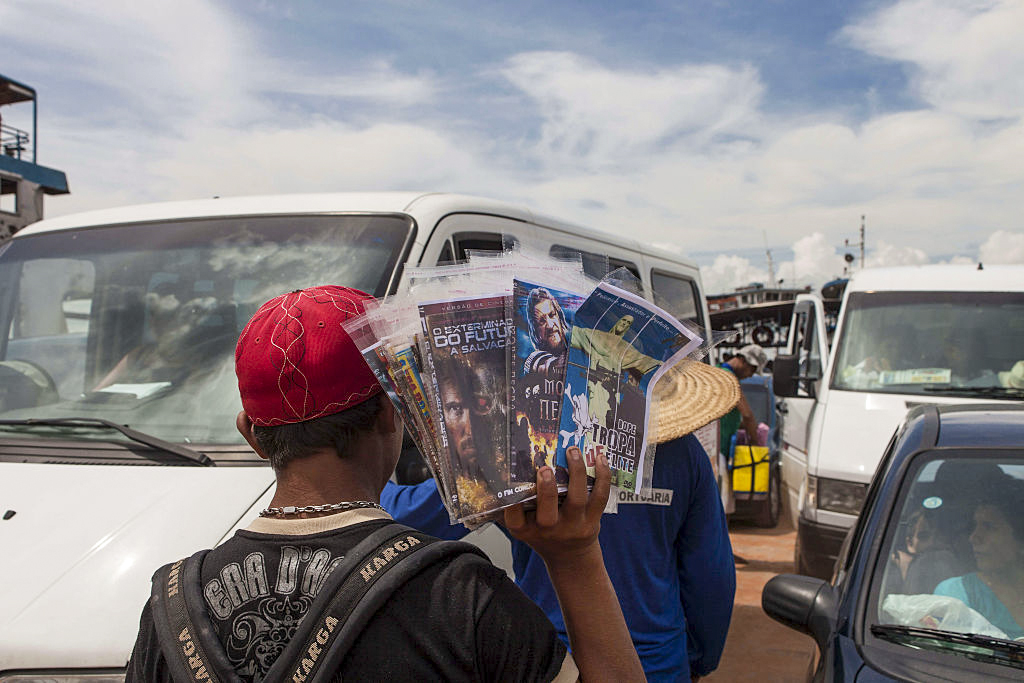
(Photo by Ricardo Funari/Brazil Photos/LightRocket via Getty Images)
The region’s limited private sector presents numerous roadblocks. A report by Imazon shows only 24% of the region’s workforce holds a formal job, with about 10% of Amazonian workers employed in public service. The region’s urban Human Development Index is also the lowest in the country, and Black and Brown residents’ HDI is at even lower levels locally. And while Black and Brown Brazilians constitute 80% of the population and the majority of the labor force in the north, their earnings are half the wages paid to white workers.
In Manaus, the free trade zone (Zona Franca) has been the main private-sector employer since its creation in 1957. But the model of subsidizing manufacturing plants in the farthest – and least connected – corner of Brazil has not been enough to absorb the region’s growing workforce. In fact, since its peak in 2014, employment in the Zona Franca has been decreasing steadily.
“We can’t have jobs if we don’t have new enterprises,” said Mariano Cenamo, founder of Idesam, a sustainable development NGO based in Manaus.
In 2017, Cenamo joined Minev to launch a business accelerator, the Partnership Platform for the Amazon, and now the accelerator AMAZ, to invest in companies that show the business potential of the rainforest while generating jobs and income for locals, all with a focus on environmental sustainability. In a little over two years, they have worked with 30 startups responsible for 251 direct jobs, and the accelerator has attracted more investors and increased its funding, aiming for a larger portfolio in 2021.
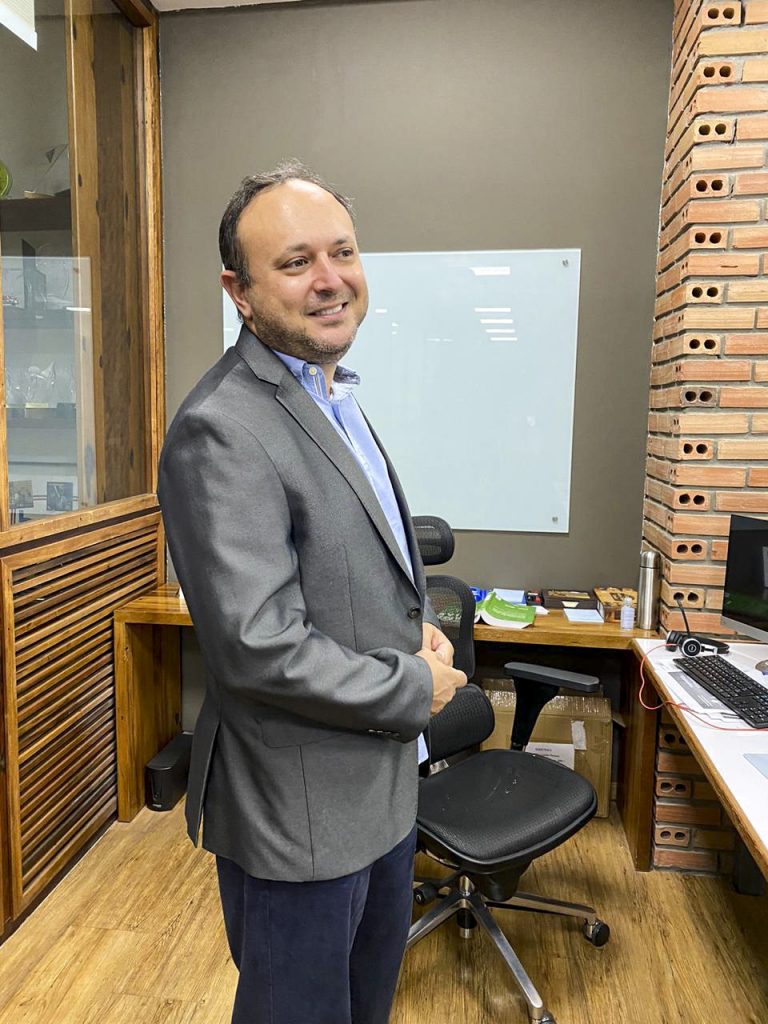
Courtesy: Denis Minev
An economist by training who also runs the largest Amazon-based retail chain, Grupo Bemol, Minev believes the region’s urban centers offer the biggest opportunities today to build job-creating enterprises in sectors like technology and venture capital. But the hurdles are immense.
“You can find good entrepreneurs anywhere, but it is hard to thrive here because of the region’s business environment,” he told AQ. Brazil as a whole ranks at 124 out of 190 countries in the World Bank’s Doing Business Report, but in the Amazon the combination of bureaucracy and a lack of investment in communication, research and logistics infrastructure has created a context where it is “close to impossible to build a legal business. This scenario spooks investors, impedes prosperity and creates a vicious circle,” said Minev.
Plenty of hands
While Brazil’s demographic bonus is rapidly disappearing on a national level, the Amazon’s population is younger than the country’s average. Still, the region is losing out on this advantage because of low education levels. A fifth of 15-to 29-year-olds are neither studying nor working, and Raphael Medeiros, at the Amazon Center for Entrepreneurship, said that while the world is in awe of the rainforest, young Amazonians don’t think their home states are cool, which also incentivizes a brain drain. “The kids that do get an education very often leave for the south,” said Medeiros.
At his own business, Minev has diversified into solar energy, fintech and digital training for young people, looking to foster development of new technologies for Bemol’s e-commerce division.
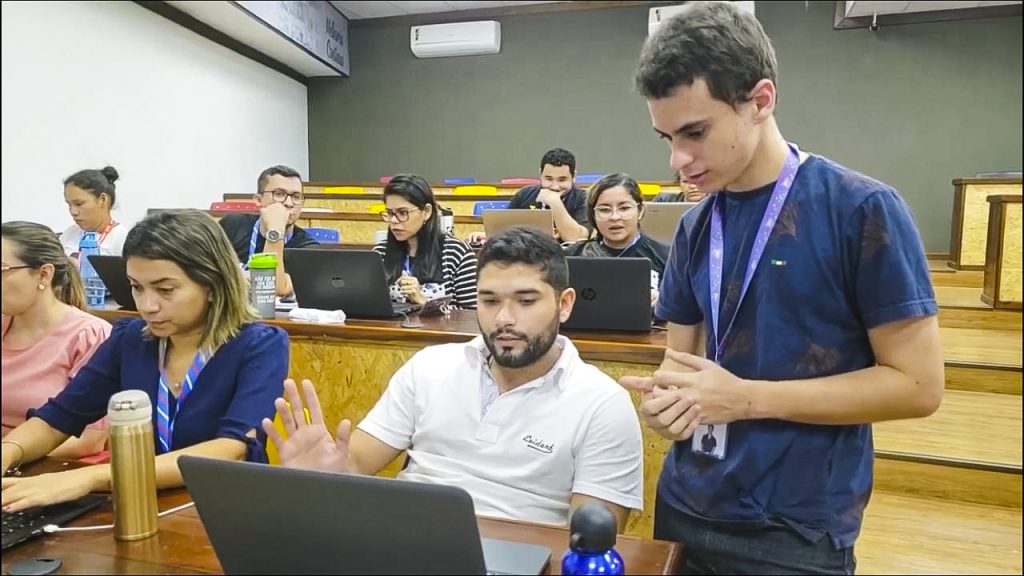
Courtesy: Denis Minev
“We need qualified labor to be able to develop a biotechnology hub or digital startups,” said Minev. “While there are a few great initiatives such as at the University of Amazonas, they are too few to make a dent.”
“In the three main fronts needed for a green economy to flourish – science, legislation and logistics – there is a need for government action,” said Minev. He said the National Research Institute of the Amazon, INPA, the largest in the region, has an annual budget of less than $9,000. “This is some 700 times smaller than just my alma mater, Stanford University. We can’t be serious about playing the bioeconomy game with this level of investment in the region.”
Minev credits his grandfather, Samuel Benchimol, who started the Bemol group in 1942, with instilling in him an appreciation for the wealth inherent to the rainforest. “My grandfather engaged in sustainable development projects for the Amazon since his youth,” he said. “But timber, felling a tree and raising cattle are still worth more than the standing forest. That is the crossroads we find ourselves at. We need to offer sustainable alternatives to those who want to be entrepreneurs.”


